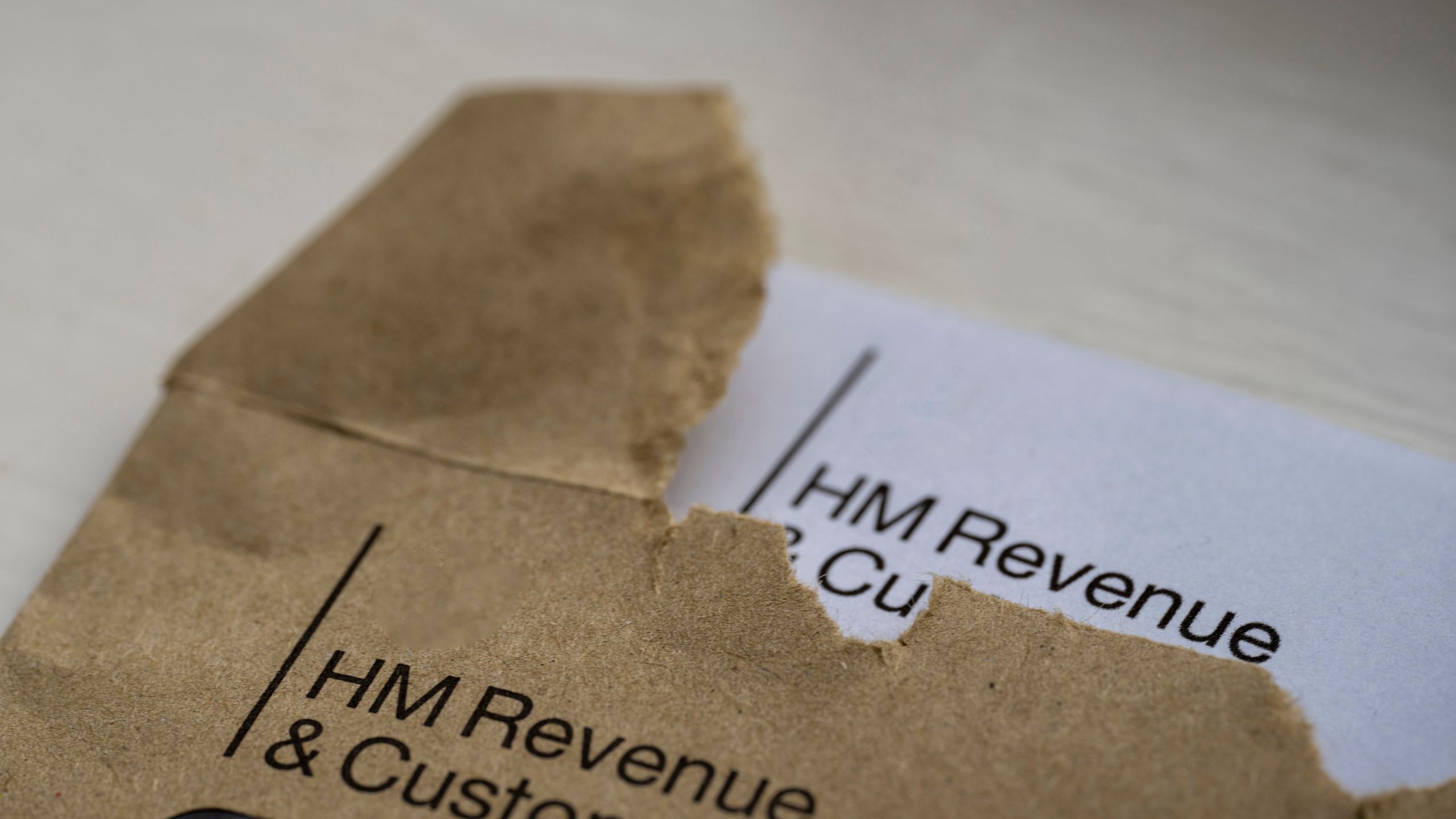
How can umbrella company workers steer clear of tax avoidance schemes?
Without regulation, umbrella company workers may find themselves at risk of being unknowingly involved in tax avoidance schemes. These schemes can have serious legal and financial consequences, including fines and even criminal charges. Therefore, it is essential for umbrella company workers to be aware of the risks and take steps to steer clear of tax avoidance schemes.
One of the most important things umbrella company workers can do is to carefully vet the umbrella company they choose to work with. Workers should research the company’s reputation and ensure that it operates ethically and transparently. They should also check that the company is registered with HM Revenue and Customs (HMRC) and that it has appropriate insurance in place. This will provide some reassurance that the company is operating within the law and is not involved in any illegal tax avoidance schemes.
Another way that umbrella company workers can steer clear of tax avoidance schemes is to be aware of the red flags that may indicate that something is amiss. For example, if a company offers to pay workers in cash or through offshore bank accounts, this should raise suspicions. Workers should also be wary of companies that offer to pay less tax than other umbrella companies or that promise unusually high take-home pay. These offers may sound tempting, but they are likely to be too good to be true and may indicate that the company is involved in illegal activity.
Umbrella company workers should also be vigilant when it comes to their own tax affairs. They should ensure that they are paying the correct amount of tax and national insurance contributions (NICs) and that they are submitting accurate tax returns. If workers are unsure about their tax obligations, they should seek professional advice from a qualified accountant or tax advisor.
It is also important for umbrella company workers to keep accurate records of their earnings and expenses. This will help them to complete their tax returns accurately and will provide evidence in the event of an HMRC investigation. Workers should also ensure that they retain copies of all contracts, payslips and other documentation relating to their work with the umbrella company.
Finally, umbrella company workers should be aware of the risks associated with tax avoidance schemes and should report any suspicious activity to the relevant authorities. This includes reporting any concerns about the umbrella company they are working with or any offers of tax avoidance schemes. Workers can report concerns to HMRC’s Fraud Hotline or to their professional body, if they have one.
In conclusion, without regulation, umbrella company workers need to take responsibility for ensuring that they steer clear of tax avoidance schemes. This requires careful vetting of the umbrella company they work with, being vigilant when it comes to their own tax affairs, and being aware of the red flags that may indicate illegal activity. By taking these steps, umbrella company workers can protect themselves from the serious legal and financial consequences of tax avoidance schemes.



